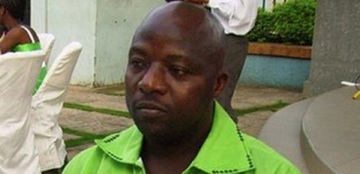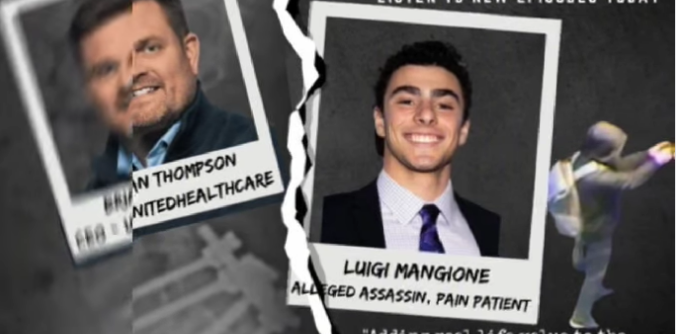Thomas Eric Duncan
[Black Star News Editorial]
Questions will linger about the actions taken at Texas Health Presbyterian Hospital in Dallas which sent the Liberian national Eric Duncan home on September 25, before he was diagnosed with Ebola three days later.
Mr. Duncan died yesterday. He is the first of the six people who have been treated for Ebola in the United States to die. Sending him home was grievous since he subsequently had contact with other individuals many of whom are now being monitored with the hope that they were not infected.
The hospital initially claimed a computer glitch prevented Mr. Duncan’s records, including the fact that he had informed the hospital that he had come from Liberia, to doctors. The hospital later backed off that position. The obvious smell of the beginning of a coverup so as not to appear incompetent or expose itself to possible liability.
If Mr. Duncan was seen by a nurse or a doctor why was he sent home?
Given the toll of the Ebola outbreak it also remains a mystery why the drug ZMapp, which was administered to the two Americans treated for Ebola at Emory University Hospital in Atlanta after they were evacuated from West Africa is now reportedly unavailable; though it should be noted that its impact in helping the American victims in still unknown. Mr. Duncan was treated with another experimental drug, brincidofovir; according to a report in The Wall Street Journal this drug is also being administered to another American patient, Ashoka Mukpo, a freelance journalist.
With Ebola the speed with which the victim is isolated and then treatment administered is paramount for the patient’s survival.
By reportedly sending Mr. Duncan home on September 25, when the whole world now seems to know about the Ebola outbreak, and with the West African countries of Liberia, Sierra Leone, and Guinea being the hardest hit regions, Texas Health Presbyterian Hospital demonstrated frightening incompetence, possible negligence and even recklessness.
Hopefully there are not other individuals from any of the affected hospitals who were also recently sent home by the hospital without adequate monitoring and treatment.
Mr. Duncan’s unfortunate experience is compelling reminder about the need for a global effort in checking the march of Ebola. It deserves as much attention as is currently being devoted to ISIS, if not more.






